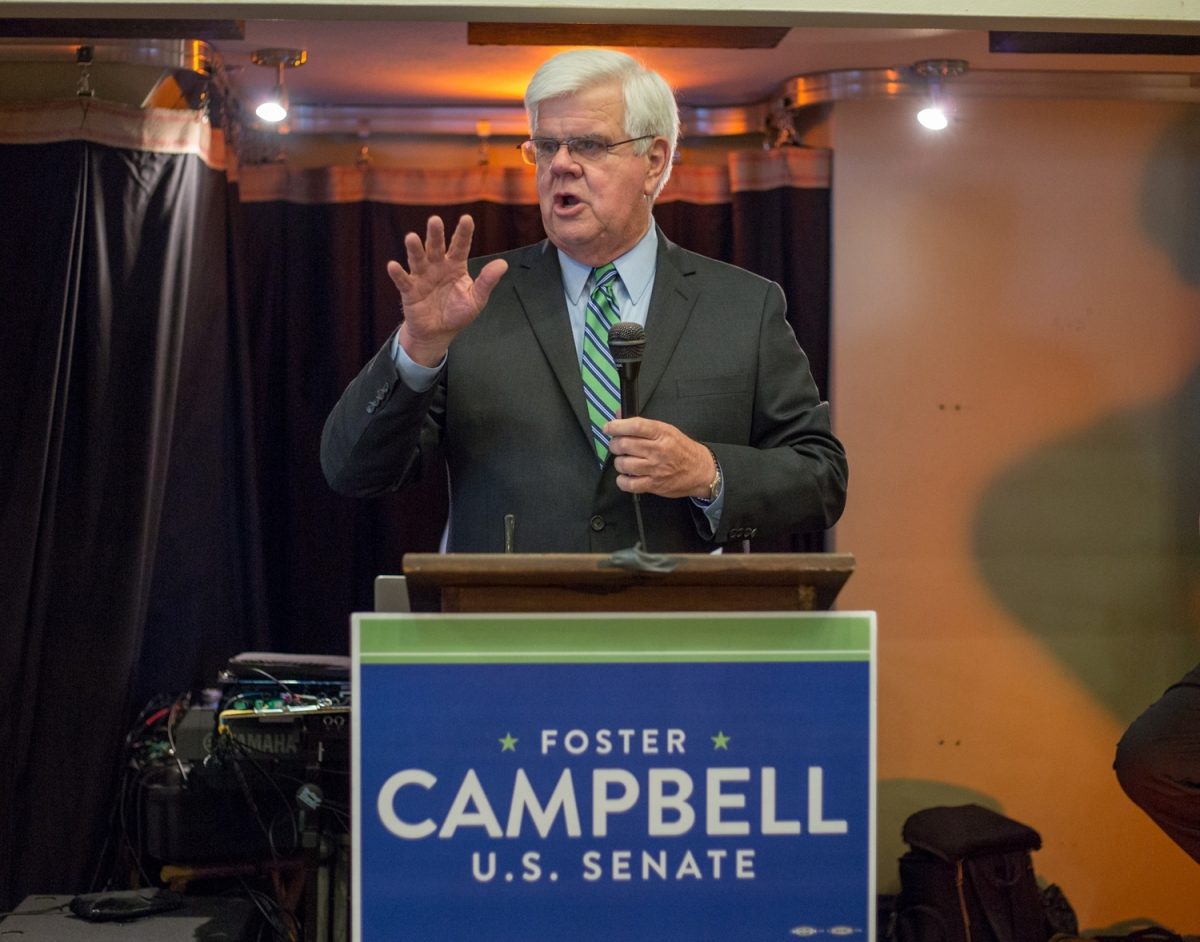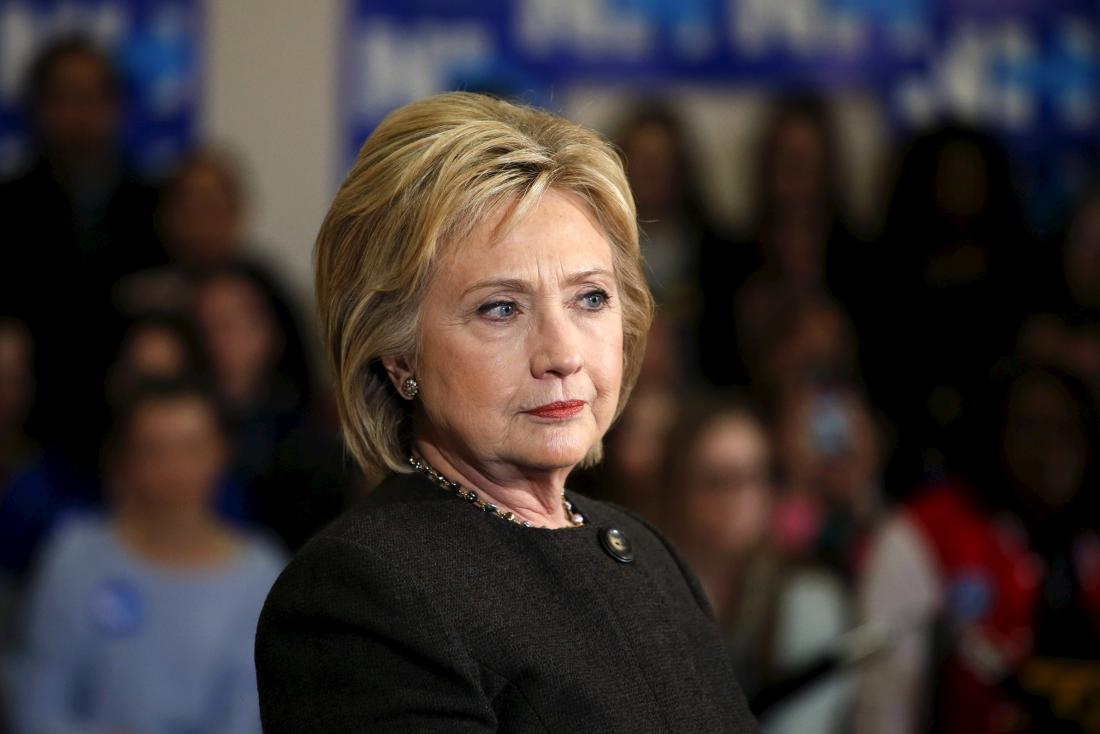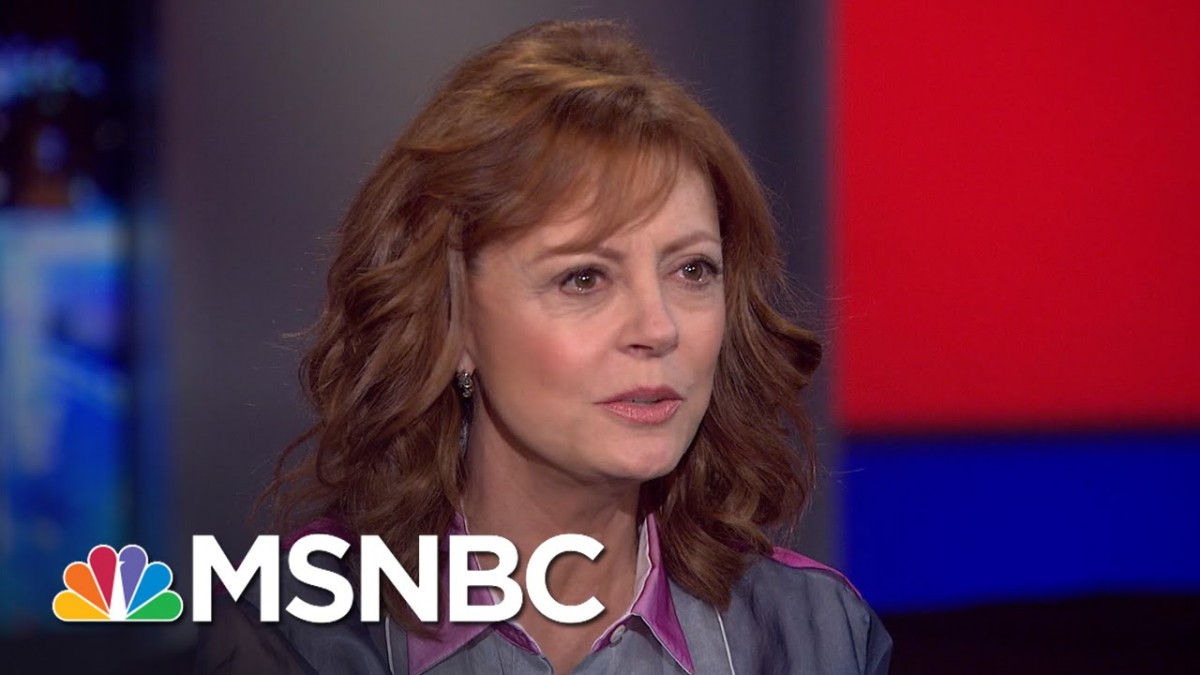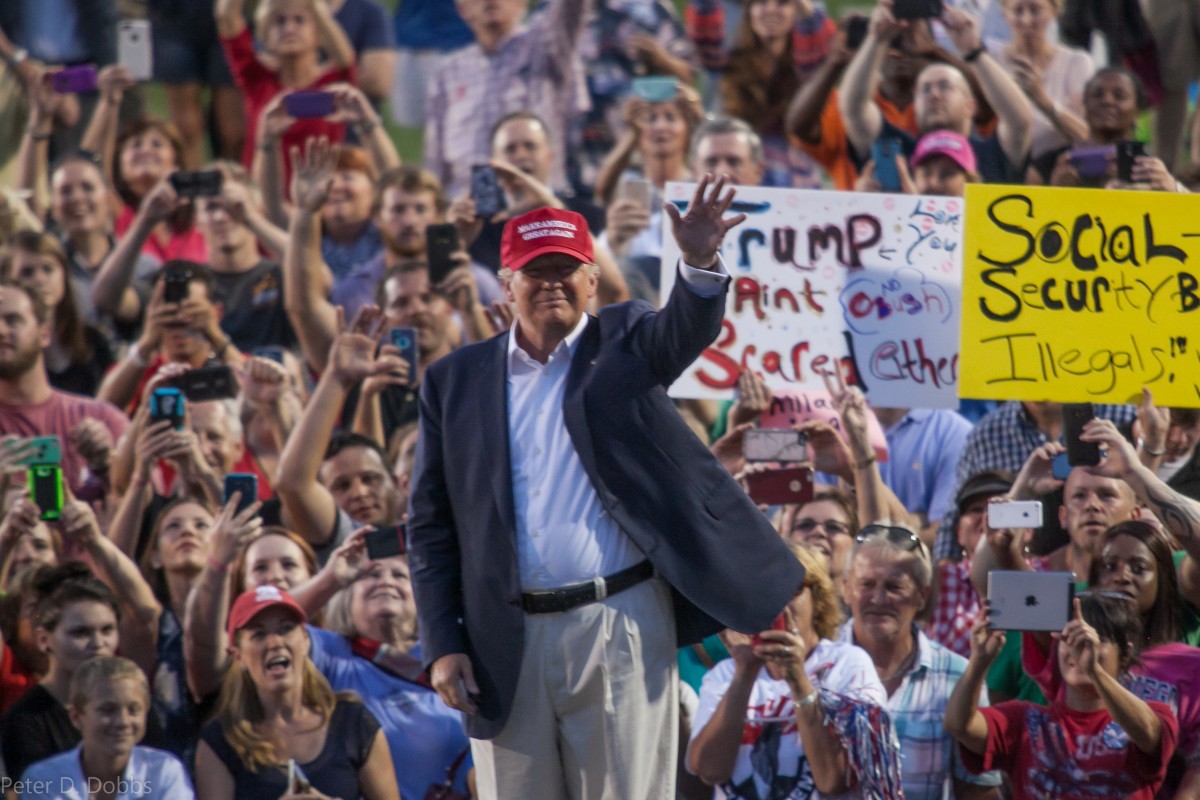Many agonized observers have been so paralyzed by the shocking appointment of white supremacist Steve Bannon as Trump’s key strategist, to say nothing of a potential paleoconservative Cabinet and the renewed commitment to xenophobia, deportation, and anti-choice sentiments that Trump expressed in an aloof appearance on 60 Minutes, that it has been difficult to remember that politics is a game that Trump may not quite know how to play. Sure, he can whip up the fury of a thoughtless mob to reenact Nuremburg, win votes, and inspire a spate of hate crimes after the election. But being a successful demagogue does not necessarily make one a successful politician. And while the House of Representatives and likely the Supreme Court appears to be on a fearsome rightward trajectory, there is one silver lining to this despotic cloud that Trump and his cohorts have not considered: the power and dynamics of the United States Senate.
As it presently stands, the Senate is likely to be composed of 52 Republicans and 48 Democrats. However, that number could change. There remains a chance to reduce that number to a 51-49 split in favor of the Republicans. The opportunity presents itself with an experienced Louisiana fighter for the people named Foster Campbell. Campbell is running for a Senate seat in Louisiana in a runoff race with Republican State Treasurer John Kennedy (no relation to the 35th President) that is scheduled to take place on December 10, 2016. If Campbell can win, that means the Republicans will only have one majority vote.
That one vote may seem like Trump can push anything he wants through a Republican-controlled Senate, but don’t be so certain. Liberals (myself included) may be looking at this situation the wrong way. Because we keep forgetting that the American political landscape isn’t what it was last week. The new normal isn’t Republican politics as usual, but old Republican politics locked in a potent and quite volatile struggle against the alt-right extremism that Trump and his willing lieutenants will usher in, a strain that a good chunk of the population, including those who voted for Trump, will come to reject once they realize that the “outsider” is a man hobnobbing with insiders and a man who may be unable to deliver on his promises. This brand of right-wing politics is so utterly beyond anything we have seen before, even with Mitch McConnell’s hijacking of the Merrick Garland nomination or anything plotted by Grover Norquist, that we have failed to consider that some Republicans may very well reject it, especially if their phone banks are jammed with constituents regularly calling them.
Politics, as we all know, makes strange bedfellows. And while a moderate Senator created gridlock with Democrats in pre-Trump times, there’s a greater likelihood that moderates will side with Democrats if the full monty of Trump’s extremism streaks through the Senate chambers. There may be some bipartisan options to not only deadlock the Senate on key bills, but that could prevent the Senate from confirming one quarter of the 4,000 new positions that the Trump administration needs to fill before January.
Senator Susan Collins may be a Republican from Maine, but her positions resemble a more conservative Democrat. (Indeed, Newsweek called her one of the last moderates in the Northeast.) She’s pro-choice, willing to raise taxes on any income bracket, supports gun restrictions and same-sex marriage, and, according to someone who called her, was willing to support the DREAM Act (a key piece of legislation for immigrants) as a standalone bill. Senator Harry Reid has cut bipartisan deals with her in the past. So there may be a possibility to work with her in the future.
Another dependable moderate Republican-Democratic alignment may be with Alaskan Senator Lisa Murkowski, who expressed dismay over the radical direction of the Republican party in 2012 and has also expressed a desire to do something about climate change. Like Sen. Collins, Sen. Murkowski has some progressive positions. She supported the DREAM Act and she did reject Trump’s call to deport Muslims last year. She also had tough words for Sarah Palin and Joe Miller.
Politics is a numbers game. And if Senators Murkowski and Collins are willing to work with the Democrats in an age of Trump extremism (and I think they will, provided the alt-right doesn’t get to them), then there’s a possibility that many Trump-inspired bills and confirmations will receive a 51 nay with 49 Democrats in the Senate. This does leave Collins and Murkowski in positions of great influence, and they will certainly use this to their advantage, possibly playing both sides against each other, but it’s a two year buffer that may just hold somewhat if the Democrats can succeed in winning back the Senate during the 2018 midterm elections. Historically speaking, there hasn’t been a tie-breaking vote cast by a sitting Vice President since March 13, 2008. (Joe Biden never cast a tie-breaking vote.) It’s possible that Vice President Mike Pence will overturn John Adams’s 28 tie-breaking vote record under a Trump Administration. This is, after all, an unprecedented moment in American political history in which anything can and will happen. But if Pence does this, this may create friction and animosity between the White House and the Republican Senators, who in turn may revolt against the Trump Administration’s autocratic tactics.
Everything I’ve suggested here is contingent upon Foster Campbell winning the Louisiana Senate seat. A Senate composed of 48 Democrats will create stalemates. A Senate composed of 49 Democrats will create possibilities for a formidable blockade with one or two moderate Republicans on their side.
So can Foster Campbell become Senator? For one thing, he’ll need donations. But here’s the math based on the November Senate race:
Republican candidates received the following votes:
John Kennedy (25%); Charles Boustany (15.4%); John Fleming (10.6%); Rob Maness (4.7%); David Duke (3%); Donald Crawford (1.3%); Joseph Cao (1.1%); Charles Marsala (0.2%).
TOTAL REPUBLICAN PERCENTAGE: 61.3%
Democratic candidates received the following votes:
Foster Campbell (17.5%); Caroline Fayard (12.5%); Derrick Edwards (2.7%); Gary Landrieu (2.4%); Josh Pellerin (0.4%); Peter Williams (0.4%); Vinny Mendoza (0.3%).
TOTAL DEMOCRATIC PERCENTAGE: 36.2%
This is quite a margin of voters for Foster Campbell to win over. Trump won 58% of the state in the election. However, the Times-Picayune reported that there was a dropoff this year in African-American voter participation. Polling expert Edward Chervenak pointed out in the article that voters in overwhelmingly white precincts were more likely to vote than voters at overwhelmingly black precincts. If African-American voters (and other Democrats) show up to vote for Campbell in droves during the December 10, 2016 election, then Campbell may stand a chance of winning this seat and creating a quasi-blockade in the Senate. And if it can be done, and it does appear to be a Hail Mary pass at this point, then there remains a very good possibility that the Democrats can stop Donald Trump from enacting his extremist policies with the help of a few moderates.





